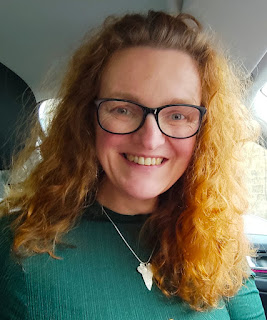*Time zone: EDT
Location: Zoom meeting room
Keynote
Future Developments in Geographical Agent‐Based Models: Challenges and Opportunities
Alison Heppenstall, University of Glasgow, UKAbstract
Despite reaching a point of acceptance as a research tool across the geographical and social sciences, there remain significant methodological challenges for agent‐based models. These include recognising and simulating emergent phenomena, agent representation, construction of behavioural rules, and calibration and validation. While advances in individual‐level data and computing power have opened up new research avenues, they have also brought with them a new set of challenges. This talk reviews some of the challenges that the field has faced, the opportunities available to advance the state‐of‐the‐art, and the outlook for the field over the next decade.
Bio
Alison Heppenstall is Professor of Geocomputation within the College of Social Sciences and SPHSU at the University of Glasgow, and an Alan Turing Fellow. Prior to joining Glasgow, she was a Professor of Geocomputation in the School of Geography at University of Leeds and an associate of Leeds Institute for Data Analytics (LIDA). She is an expert in the development of spatial agent-based models (ABMs) with a focus on understanding and simulating behavior. Her current interests are concerned with linking ABMs to artificial intelligence and machine learning methodologies, the role of Big Data in creating more robust ABMs, and the use of individual-based modelling for building digital twins.

